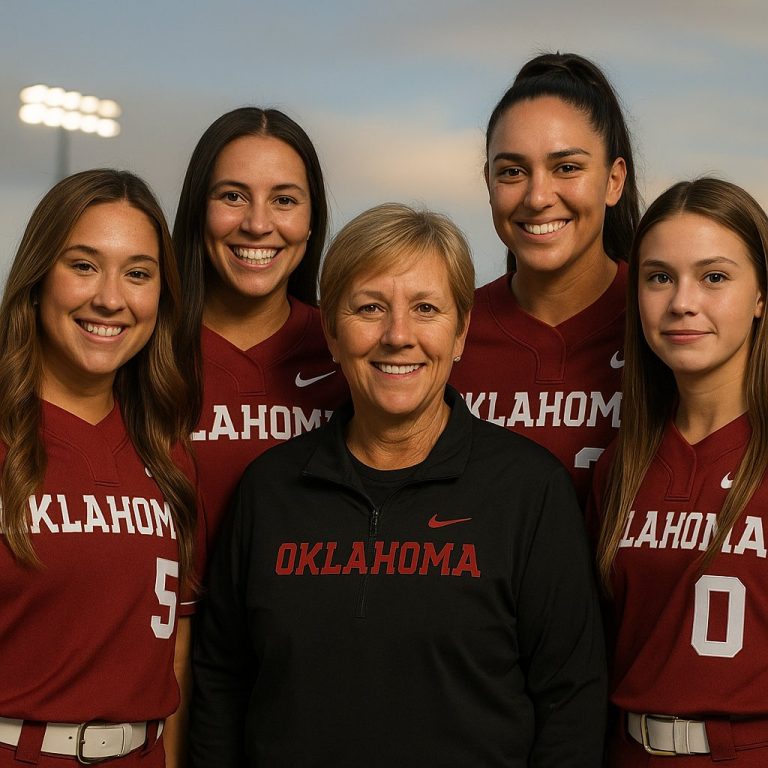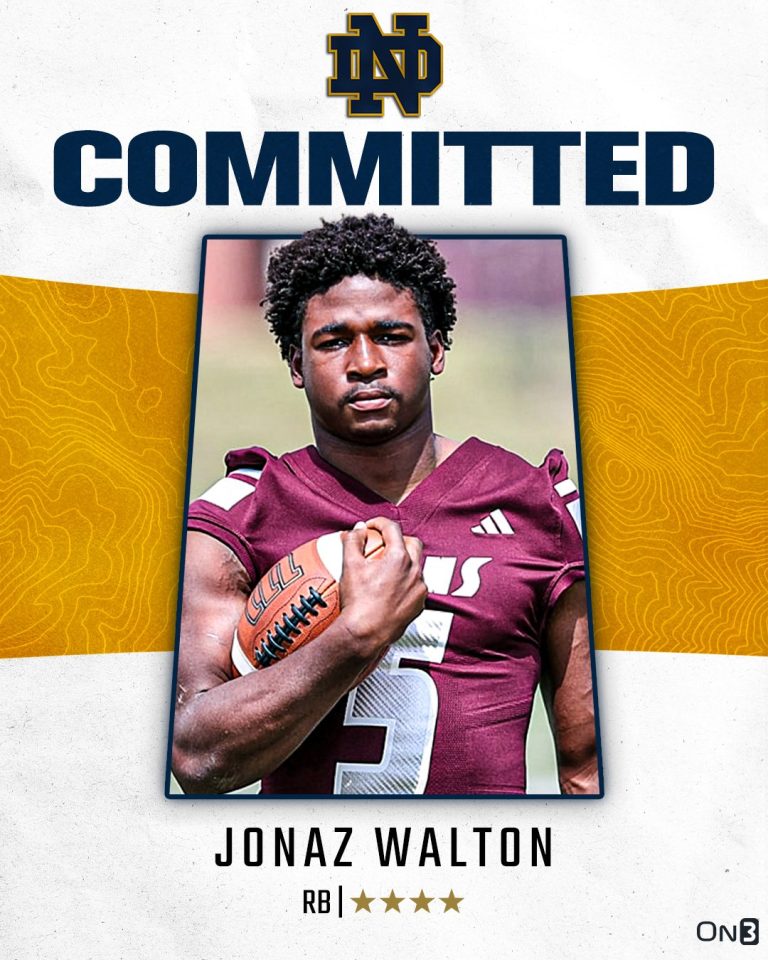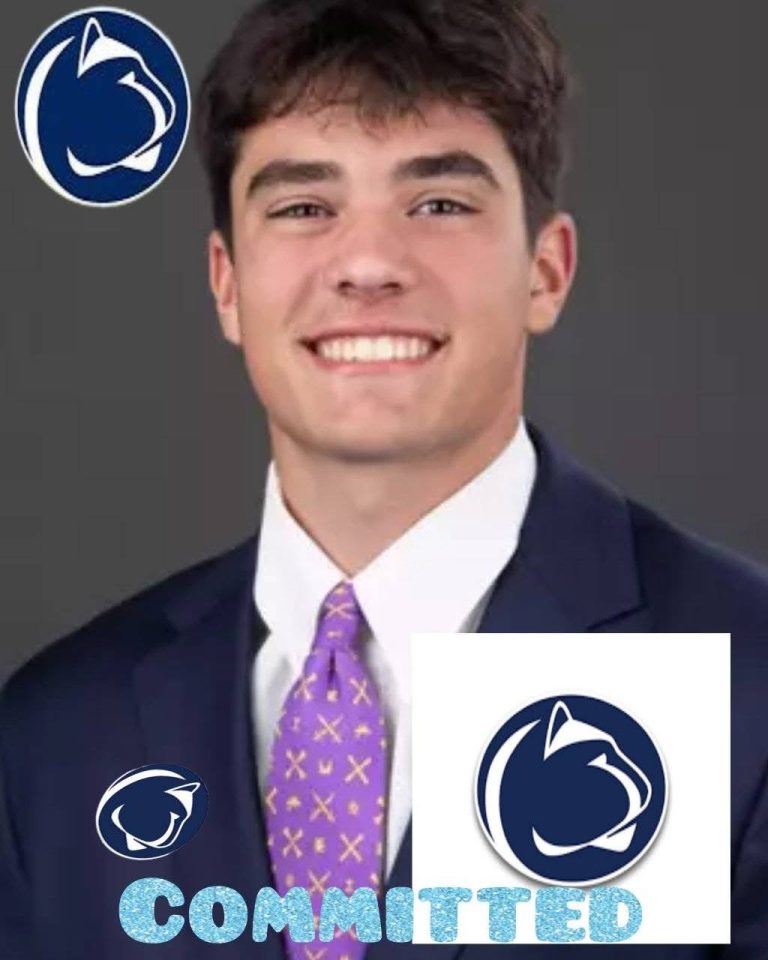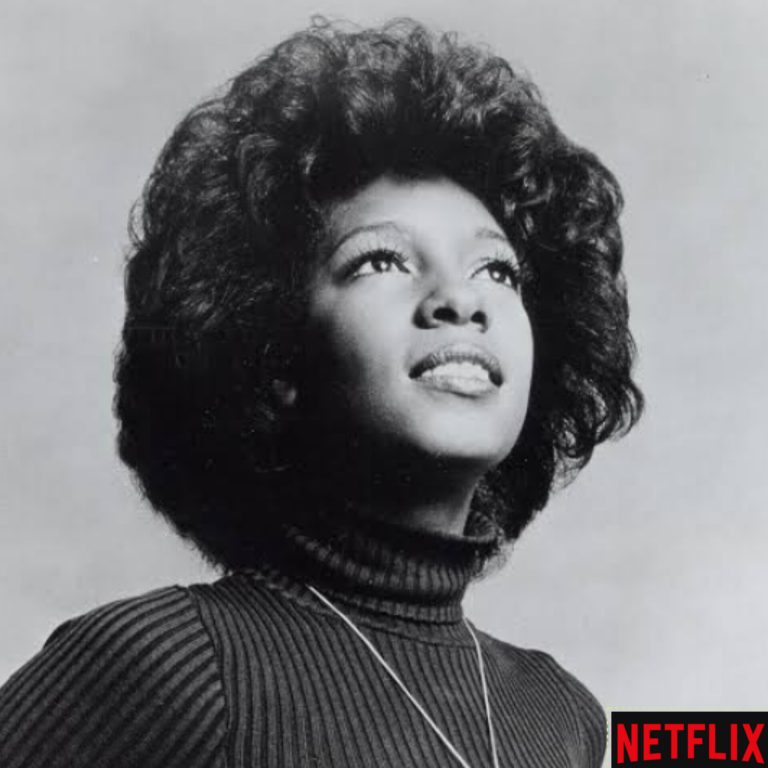In a heated matchup between the Detroit Lions and the Seattle Seahawks, the game’s officiating came under scrutiny, particularly from Lions cornerback Carlton Davis III. After Geno Smith’s incomplete pass to Jake Bobo on a crucial 2-point conversion attempt, Davis confronted field judge Sean Petty, questioning whether a pass interference (P.I.) call would be made. Petty’s response—”No, you good”—only added to Davis’s frustration.

The Lions secured a 42-29 victory, improving their record to 3-1, but the win was marred by a staggering 12 penalties totaling 101 yards against them. Davis and rookie cornerback Terrion Arnold were responsible for seven of those flags, drawing the ire of fans and commentators alike. Davis expressed his frustration candidly: “I lost my cool, I did. But it was rightfully so,” he said. The emotional intensity of the game, he argued, made the stakes high, especially as the penalties were extending Seahawks drives, keeping them competitive.
Davis was particularly matched up against Seahawks receiver D.K. Metcalf, a physical presence at 6 feet 4 and 235 pounds. Metcalf had a productive game, catching seven passes for 104 yards and drawing all three of the pass interference penalties against Davis. The challenges of covering a receiver like Metcalf, known for his strength and size, were compounded by what Davis felt were questionable officiating calls.
One significant moment occurred after Kenneth Walker III’s touchdown brought the Seahawks within striking distance. Metcalf was ruled out of bounds on a potential 2-point conversion attempt that would have narrowed the Lions’ lead to 28-22. Following that, the Lions capitalized on the momentum shift when Jared Goff connected with Jameson Williams for a 70-yard touchdown, stretching their lead and shifting the game’s trajectory.

Davis’s frustrations reflect a broader concern among players about the impact of officiating on the game. With penalties being pivotal in determining the flow and outcome, players like Davis feel the need for consistency and clarity from referees. “Let us play ball,” Davis implored, emphasizing the desire for officials to allow physical play, particularly in a league that increasingly scrutinizes defensive actions.
As the game progressed, Davis’s defensive efforts included seven tackles, three pass breakups, and a fumble recovery, showcasing his skill despite the penalty troubles. However, the flags disrupted the Lions’ defensive rhythm, making it difficult to build momentum against the Seahawks’ offense.
Post-game discussions surrounding the officiating underscored the ongoing challenges teams face in managing both the emotional intensity of high-stakes games and the sometimes contentious relationship with referees. For the Lions, moving forward, the focus will be on maintaining discipline while still competing fiercely, particularly as they head into their bye week with momentum from their latest victory.
The incident also serves as a reminder of the fine line players walk between passion and frustration. As the season unfolds, teams must navigate these challenges to ensure that their efforts on the field translate into victories, without being hampered by contentious officiating. The Lions will look to build on their success while addressing any lingering issues, including the impact of penalties, as they prepare for their next matchup.





